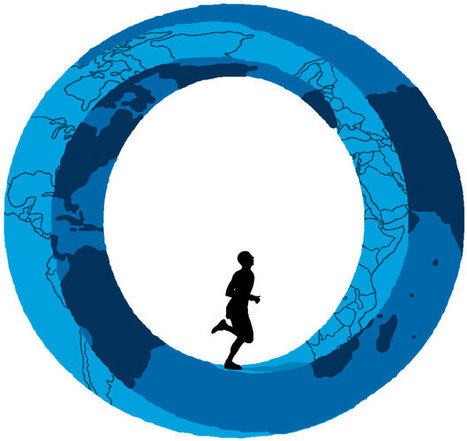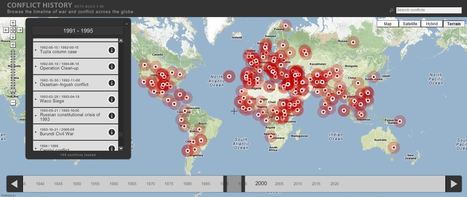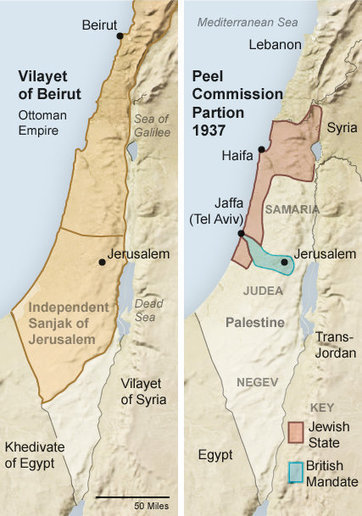With rapid urbanization under way, cities want to call their own shots. Increasingly, they can.
Research and publish the best content.
Get Started for FREE
Sign up with Facebook Sign up with X
I don't have a Facebook or a X account
Already have an account: Login
 Your new post is loading... Your new post is loading...
 Your new post is loading... Your new post is loading...

olsen jay nelson's comment,
August 16, 2012 7:46 AM
This is just what I've been looking for, believe it or not:-)

Paul Rymsza's comment,
August 22, 2012 2:15 PM
the potential of this site is amazing between the interactive learning system and the correlation between the timeline and location. If the human geography class is anything like this i can't wait for it!
|
|














Citizens of the world, worldwide currencies and descentralized power being transformed! Far behind will linger the memory of old nationalism and patriotism. Communities will take over what's rightfully theirs and will make decisions for everybody's benefit!
The end of Soverign nation states has alot to do with how interact with other states into a more integrated regional economy. The global community is realizing its importance of woking together to mazimize on trade and technology building as an economic world effort. This would blur the lines of independent soverign countires and bring regions together for economic puprposes even redrawing regional lines. Cities want more autonomy on responding to urbanization and move more away from being identified as a nation state. It is the desire to listen less to what washington has to say and act more as an independent state which makes more decisons with the regions around it to mazimize on rapid city growth and the money making opportunities that a re created from a rapidly changing global community.
Good examples: NYC, Washington DC, Brasilia, Hong Kong, London, and many more.